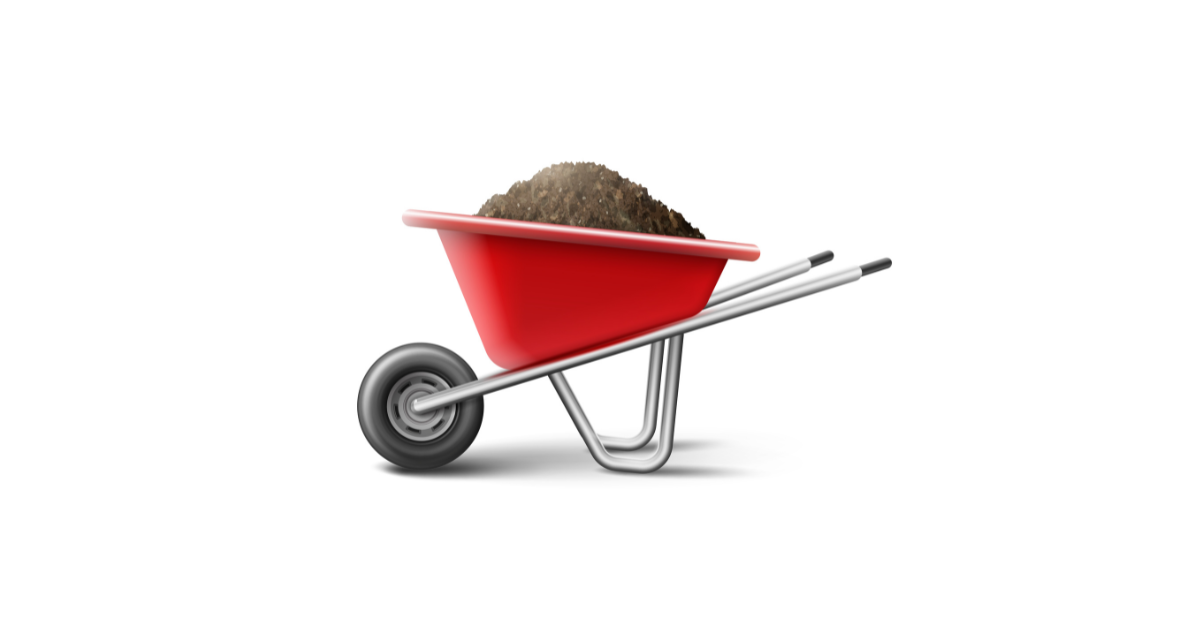
How to Choose the Right Castor and Trolley Wheel
Castor wheels and trolley wheels are essential components in various industries, providing mobility and ease of movement for equipment, furniture, and materials. However, selecting the right castor and trolley wheel can be challenging, considering factors such as load capacity, floor surface, and environmental conditions.
-
Load Capacity: One of the primary considerations when selecting castor and trolley wheels is the anticipated load capacity. Determine the maximum weight that the wheels will need to support, including the weight of the equipment or load itself along with any additional force exerted during movement. Choose wheels with a load capacity that exceeds your requirements to ensure safe and efficient operation.
-
Wheel Material: Castor and trolley wheels are available in a variety of materials, each offering unique properties suited for different applications. Common wheel materials include rubber, polyurethane, nylon, and steel. Rubber wheels provide excellent shock absorption and are ideal for indoor use on smooth surfaces. Polyurethane wheels offer durability and resistance to chemicals and abrasion, making them suitable for both indoor and outdoor use. Nylon wheels are lightweight and non-marking, while steel wheels offer high load capacity and durability for heavy-duty applications. The key factors to consider when choosing castor and trolley wheels with a reputable castor wheel supplier in indore is essential for finding the perfect solution for your needs.
-
Wheel Diameter and Width: The diameter and width of the wheel influence factors such as stability, maneuverability, and weight distribution. Larger diameter wheels roll more easily over uneven surfaces and obstacles, while narrower wheels offer increased maneuverability in tight spaces. Consider the specific requirements of your application, such as clearance height and space constraints, when selecting the diameter and width of the wheels.
-
Floor Surface: The type of floor surface where the castor and trolley wheels will be used is an important consideration. For smooth surfaces such as concrete or tile floors, softer wheel materials like rubber or polyurethane provide traction and minimize damage to the floor. For rough or uneven surfaces such as gravel or outdoor terrain, wheels with a larger diameter and thicker tread are preferable to ensure stability and prevent wheel damage.
-
Environmental Conditions: Consider the environmental conditions in which the castor and trolley wheels will operate, including temperature extremes, moisture, and exposure to chemicals or corrosive substances. Choose wheels made from materials that are resistant to these conditions to ensure longevity and reliable performance in challenging environments.
For businesses in India looking for the high-quality castor and trolley wheels, partnering with a reputable castor wheel dealer in Indore is crucial. These dealers offer a wide selection of wheels tailored to various applications, along with expert guidance and support to help businesses choose the right solution for their specific needs. By considering factors such as load capacity, wheel material, floor surface, and environmental conditions, businesses can select castor and trolley wheels that enhance efficiency, safety, and durability in their operations.